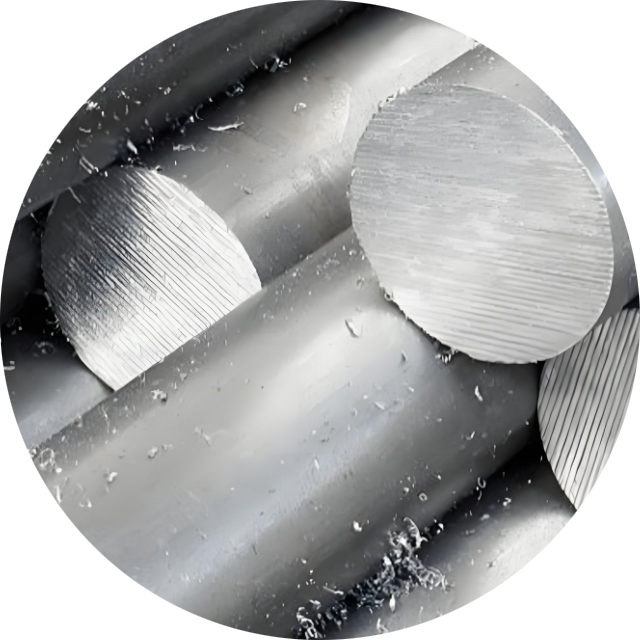Time to read: 6 min

In the realm of industrial materials, titanium and steel stand as giants, chosen for their exceptional properties and wide-ranging applications. This comprehensive guide delves into the critical differences, advantages, and disadvantages of these two metals, providing clarity for professionals in material selection and project planning.
Introduction to Titanium and Steel
When it comes to selecting the right metal for various applications, the choice between titanium and steel can be challenging. Both metals offer a spectrum of alloys and uses, yet they differ significantly in key characteristics such as cost, toughness, and strength.
Overview of Titanium
Titanium, an elemental earth metal, is often associated with high-performance industries due to its superior properties, including corrosion resistance and a high strength-to-weight ratio. Despite being abundant, titanium's high price is primarily due to its complex processing requirements.
Overview of Steel
Steel, an alloy primarily of iron and carbon, is known for its strength, temperature resistance, and machinability. With a variety of combinations and the addition of other metals, steel is customizable for different applications, making it a popular choice across industries.
Major Differences Between Titanium and Steel
Elemental Composition
Titanium is naturally occurring and is available in both pure forms and alloys, with Ti 6-4 being the most common. Steel, however, is an alloy that requires specific processes to achieve desired properties.
Weight
Titanium's low density and high strength-to-weight ratio make it ideal for applications where weight reduction is crucial, such as aerospace. Steel, while strong, is heavier and best suited for applications where weight is not a primary concern.
Hardness
Steel generally outperforms titanium in hardness, making it easier to machine and more suitable for a broader range of applications.
Elasticity
Steel's higher elasticity compared to titanium's makes it more malleable and cost-effective in processing.
Durability
Titanium excels in durability due to its corrosion resistance and ability to withstand extreme temperatures, whereas steel, though durable, is susceptible to corrosion.
Tensile Yield Strength
Steel offers higher tensile yield strength, making it the material of choice for applications where overall strength is the primary concern.
Common Applications
Titanium is favored in high-performance applications such as aerospace and medical prosthetics, while steel is ubiquitous in construction, manufacturing, and automotive industries.
Price
Titanium's high cost is offset by its superior properties, whereas steel is a cost-effective option due to its abundance and ease of production.
Advantages and Disadvantages of Each Metal
Advantages of Titanium
- Incredible corrosion resistance
- High melting point suitable for high-temperature applications
- Non-toxic and safe for medical use
- Ability to withstand extreme temperatures
- High strength despite its lightweight
Disadvantages of Titanium
- High cost due to complex processing
- Susceptibility to deformation
- Difficult casting process
- Complicated and expensive to process
Advantages of Steel
- Low cost and high availability
- High strength and durability
- Sustainability through recyclability
- Customizable properties through alloying
- Predictable reactions in various conditions
Disadvantages of Steel
- Requires regular maintenance to prevent corrosion
- Loses strength at high temperatures
- Prone to buckling under certain conditions
- Aesthetic limitations requiring surface finishing
- Susceptibility to corrosion without protection
Conclusion
The choice between titanium and steel depends on the specific requirements of your project. Understanding the fundamental properties of both materials is crucial before making a final decision. For expert guidance and professional manufacturing services, trust Unofactory to bring your designs to life using the optimal material for your needs.




